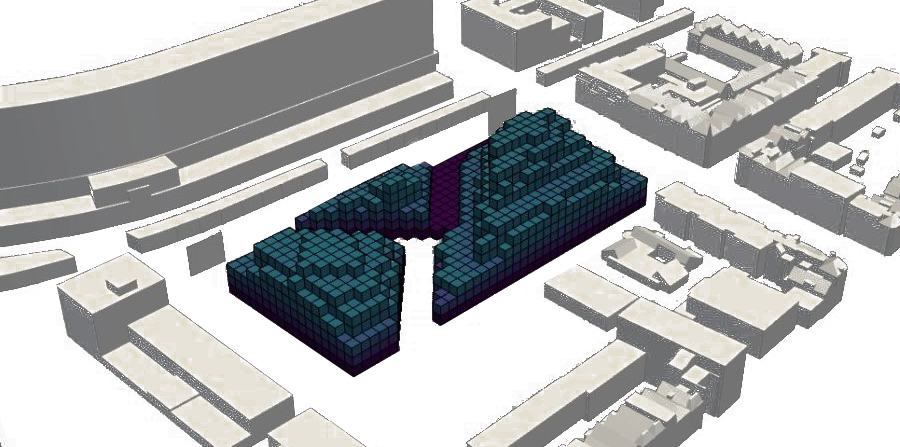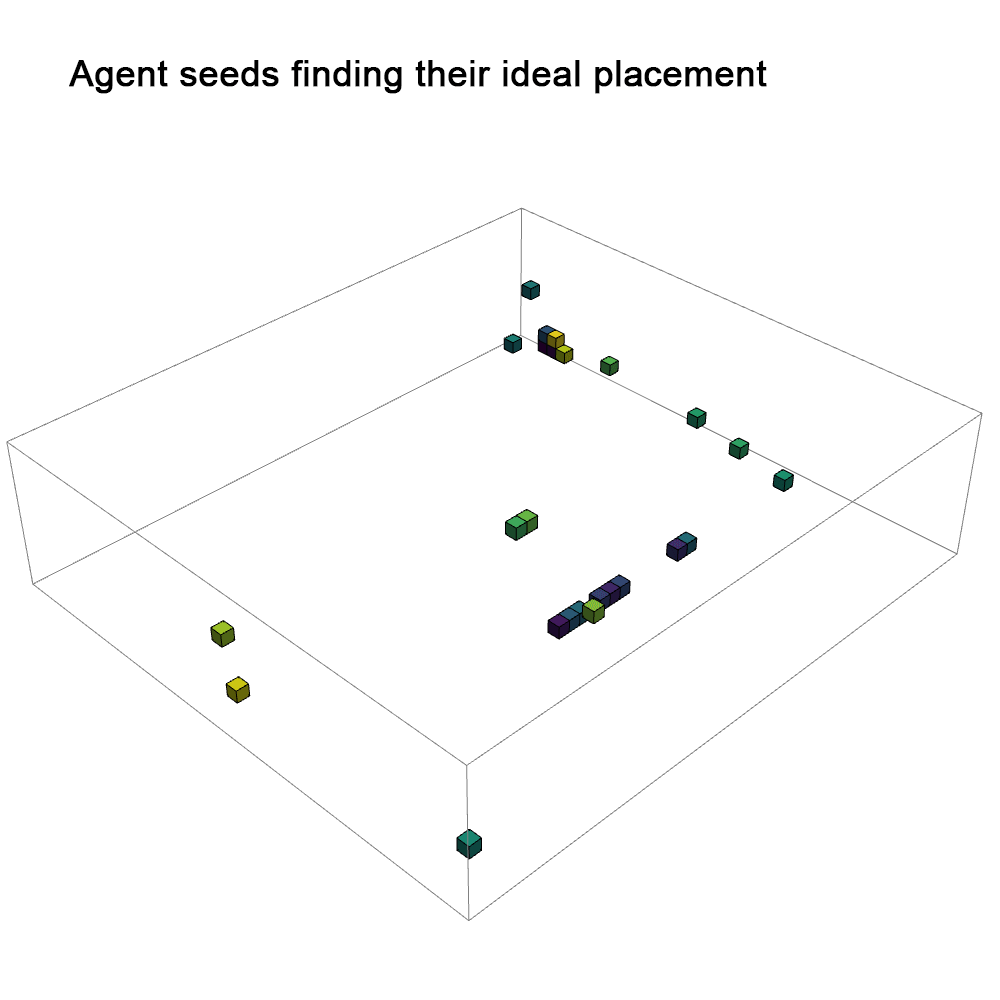Spatial Computing Design Studio
Spatial Computing is a minor for bachelor students at TU Delft. The goal of this studio is to introduce a participatory generative approach to architectural design. In doing so, the course also introduces basic mathematical and computational skills, especially in geometry, topology and graph theory (spatial mathematics), which are necessary for systematic analysis, synthesis, simulation, decision-making, and optimization in architectural design. We propose generative design as a feed-forward way of designing in which the form is systematically derived from functional requirements. The goal of this studio is to learn how to develop computational design workflows. Therefore, the focal points of attention in the course are gamification, programming, and mathematics for participatory generative design. Thus, students are required to provide a demonstration of an operational workflow showing the transformation of a site, a program of requirements, key performance indicators, and the preferences of the prospective inhabitants into a building.
Growth Process, image credit: The Green Valley project
Python Workshops
Spatial computing workshops contains all the workshops of the course in python notebook format. The spine of the workflow consist of the following:
- w1_voxelization: geometry to topology
- w2_solar_envelope: spatial analysis
- w3_generative_spaces_simplified: scaffolding of agent based growth model
- w4_generative_relations_mcda: multi criteria decision analysis for agents
- w4_generative_relations_path_finding: dynamic spatial analysis
- w5_polgonization: topology to geometry
In addition, there are [+] workshops that expand on certain aspects of the workflow in more details:
- w+1_envelope_selection: boolean operations on lattices
- w+2_mcda_seed_allocation: MCDA for agent initialization
- w+3_combining_lattices: algebraic operations on lattices
- w+4_interpolation: basic lattice interpolation
- w+4_interpolation_distance: interpolation for manifold distance lattices
- w+4_interpolation_solar: interpolation for visibility lattices
- w+5_generative_relations_corridors: connectivity spaces
- w+6_noise_field: spatial analysis, noise
Growth Process, image credit: CUB3D project

